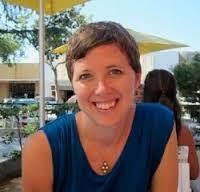Implementation Science Fellowship – The Hopkins Hub at Johns Hopkins University and the inter-CFAR Implementation Science Working Group is in its sixth cohort of the NIH/NIAID-funded training opportunity in implementation science (IS) for early-stage investigators (ESIs) engaging in HIV-related research!
Since its inaugural class of 2019-2020, the fellowship has engaged 147 fellows in the program. Implementation Science Fellows are selected across the CFAR network and U.S. Universities to participate in a mentorship program, including both didactic, online, and mentored small group training in IS methodology. The applied mentorship focuses on the development of a grant application which incorporates IS methodology and/or training and culminates in a two-day in person grant refinement and networking workshop.


Johns Hopkins University | Baltimore, Maryland | 410-516-8000 | Privacy Statement